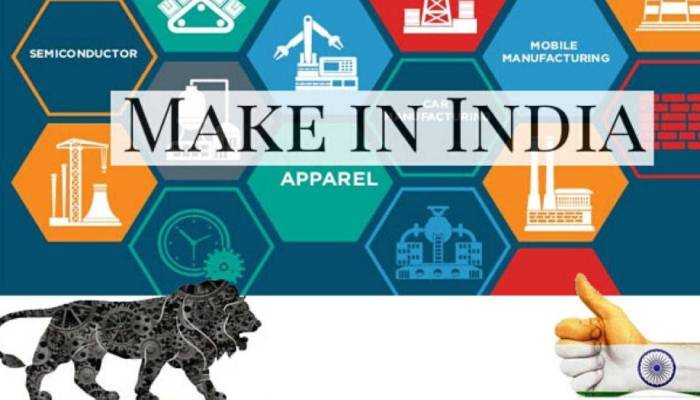
or

As 2015 dawns with PM Modi’s Mantra of “Make in India” resounding in the corridors of commercial enterprises, the IP practitioners, the government and the judiciary have to rise up to the challenge of protecting and enforcing IPRs in the spirit of the law rather than the letter of the law. With innovations as the tool that will drive business goals it becomes imperative to get a wholesome view of the IPR system and the laws governing commercialization of IPRs i.e. the road from the lab to the market.
The road to commercialization has additional milestones beyond prosecution and litigation that requires skills in licensing, negotiations, due diligence, IP Audits as well as seamless integration of various IPRs and a modicum of knowledge of related laws. Commercialization strategies that seamlessly integrate IPs have enduring effect on business beyond the life of IP. For e.g. even though the patent for sildenafil citrate expired in 2013, the trademark Viagra continues to bring in business on strength of instant recognition and brand loyalty. The iconic Coca Cola bottle has traversed the journey from being a mere industrial design with limited protection to a trademark with protection in perpetuity.
There are about 7 intonations to the Mantra from the IPR perspective, these being acknowledgements of the facts that :
Sunita K. Sreedharan is an Advocate, Patent Agent and CEO, SKS Law Associates. She has recently authored a book on “An Introduction to Intellectual Asset Management”. Sunita is a member of Licensing Executive Society (LES) and Association Internationale pour la Protection de la PropriétéIntellectuelle (AIPPI). Presently, she is the Legal Advisor on the Central Technology Management Committee of the Indian Council for Agricultural Research.

Lex Witness Bureau

Lex Witness Bureau

For over 10 years, since its inception in 2009 as a monthly, Lex Witness has become India’s most credible platform for the legal luminaries to opine, comment and share their views. more...
Connect Us:


The Grand Masters - A Corporate Counsel Legal Best Practices Summit Series
www.grandmasters.in | 8 Years & Counting
The Real Estate & Construction Legal Summit
www.rcls.in | 8 Years & Counting
The Information Technology Legal Summit
www.itlegalsummit.com | 8 Years & Counting
The Banking & Finance Legal Summit
www.bfls.in | 8 Years & Counting
The Media, Advertising and Entertainment Legal Summit
www.maels.in | 8 Years & Counting
The Pharma Legal & Compliance Summit
www.plcs.co.in | 8 Years & Counting
We at Lex Witness strategically assist firms in reaching out to the relevant audience sets through various knowledge sharing initiatives. Here are some more info decks for you to know us better.
Copyright © 2020 Lex Witness - India's 1st Magazine on Legal & Corporate Affairs Rights of Admission Reserved